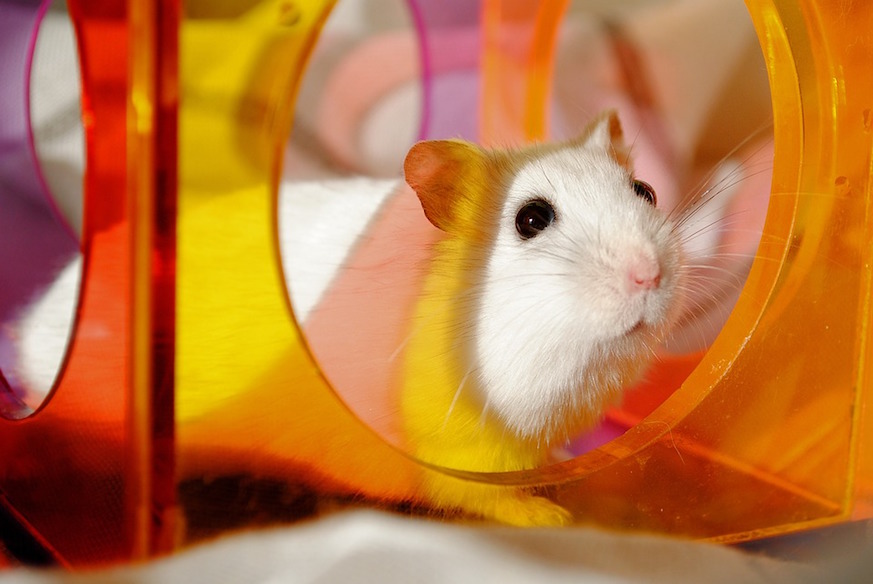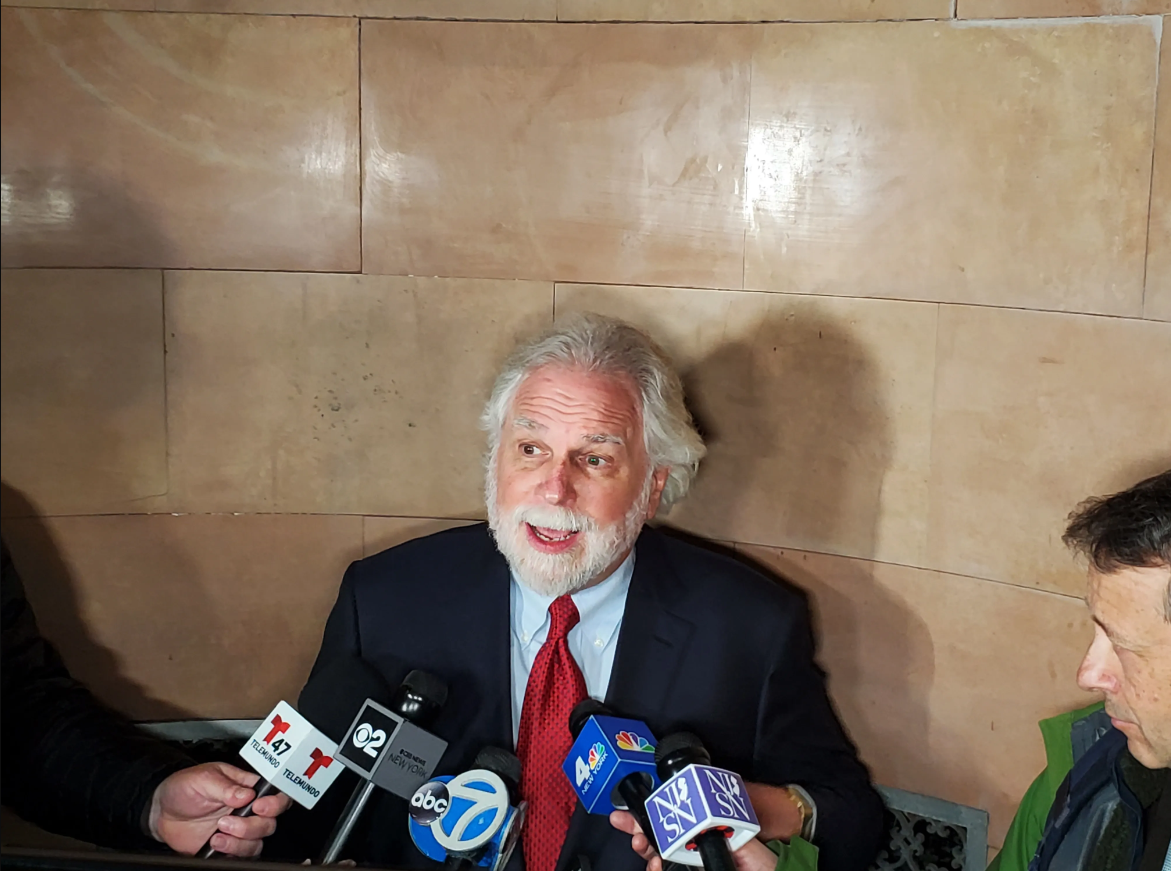Cambridge has banned the retail sale of a variety of pets raised in “puppy mill” conditions in what may be the most inclusive such law in the country.
Cambridge City Council approved the ban Monday night in an 8 to 1 vote, which will prohibit the sale of mammals (including dogs and cats but also smaller pets such as hamsters and guinea pigs), birds, reptiles and amphibians from pet shops in the city.
The law would allow such animals to be adopted out of the pet stores if they come from shelters or rescue organizations. Officials worked on the ordinance for 18 months and consulted with the MSPCA, which supported the effort.
Laura Hagen, deputy director of the MSPCA’s advocacy department, said that this is probably one of the first such bans in the nation and called it “a win-win for animals.”
“A USDA report on one of the suppliers for PetSmart and PetCo, as well as undercover investigations for other suppliers, showed in unfortunately graphic detail the conditions in which these animals were being bred and raised,” she said. “That is part of the motivation behind supporting it, because if pets stores can’t adequately ensure animals in their supply chain are being treated humanely, they shouldn’t be able to sell them.”
The report from 2016 found evidence of animals frozen alive and also trapped in unclean cages without food, water and necessary veterinary care.
The Cambridge law will go into effect in 12 months in order to give the city’s two pet stores (a PetSmart and a PetCo) time to adjust their sourcing policies, said Cambridge Vice President Marc McGovern.
The law follows a similar one passed in Boston last year that bans the retail sale of commercially bred dogs, cats and rabbits. McGovern, a celebrated animal advocate, saw that move and wanted to do something similar in Cambridge. When researching the issue, he said, he realize it needed to be broader to protect more types of animals.
The MSPCA receives at least 2,000 of those other types of pets, like birds, reptiles and hamsters, in adoption centers each year, Hagen said. When people surrender their pets, at least 1 in 4 say they purchased the animal from a pet store, but the MSPCA believes that number is low.
“[This ordinance] doesn’t stop the sale of animals in Cambridge, but pet shops have to get them from rescues,” McGovern said. “That serves two purposes: It helps provide homes for animals that are in shelters but it also ensures that the pet stores don’t get animals from bad breeders.”
McGovern and Hagen hope Cambridge’s move inspires other cities to follow suit, protecting even more animals.
“There are other pet stores in other cities next to Cambridge, so this is not going to solve the whole problem, but you don’t solve these problems in one fell swoop,” Hagen said. “It takes steps to getting there, and I wouldn’t characterize this as small step. It’s a big step, and I think it would be great for animals if the trend continued.”



















